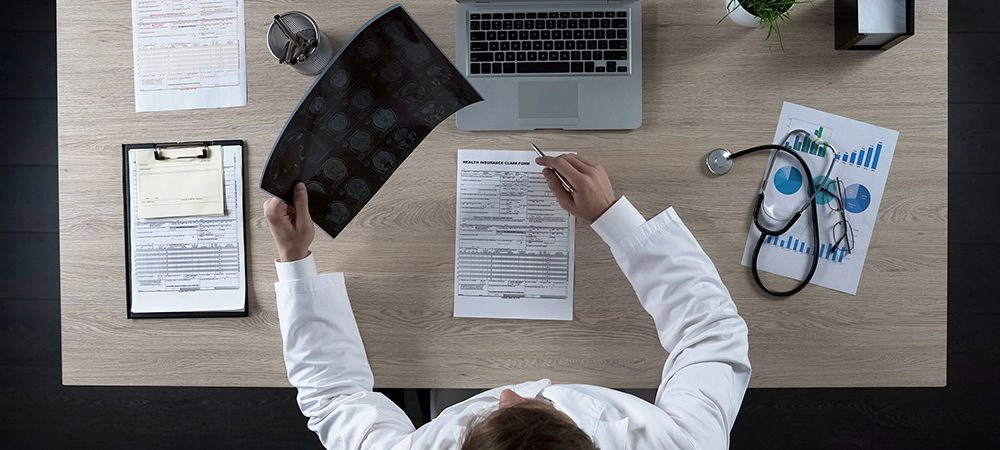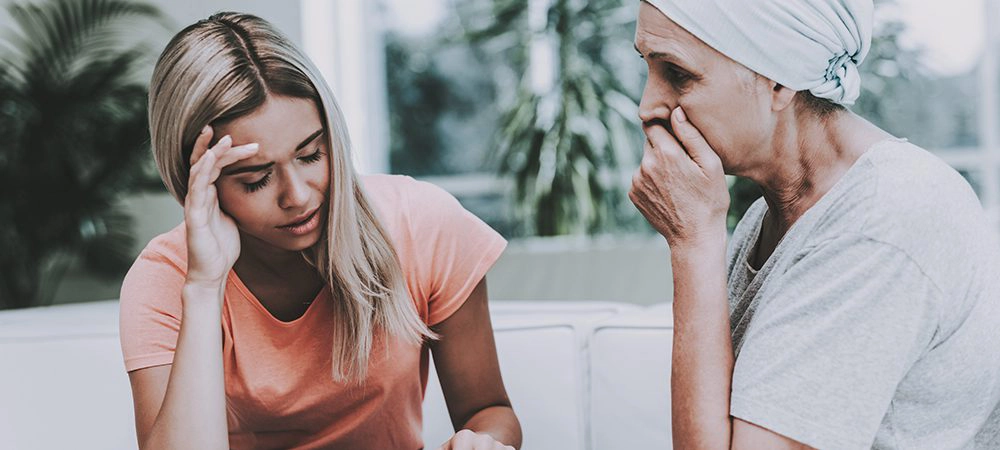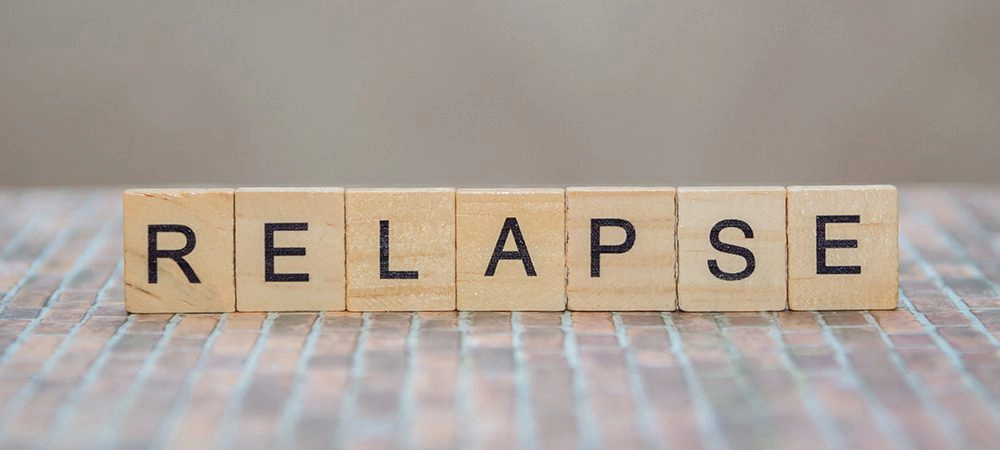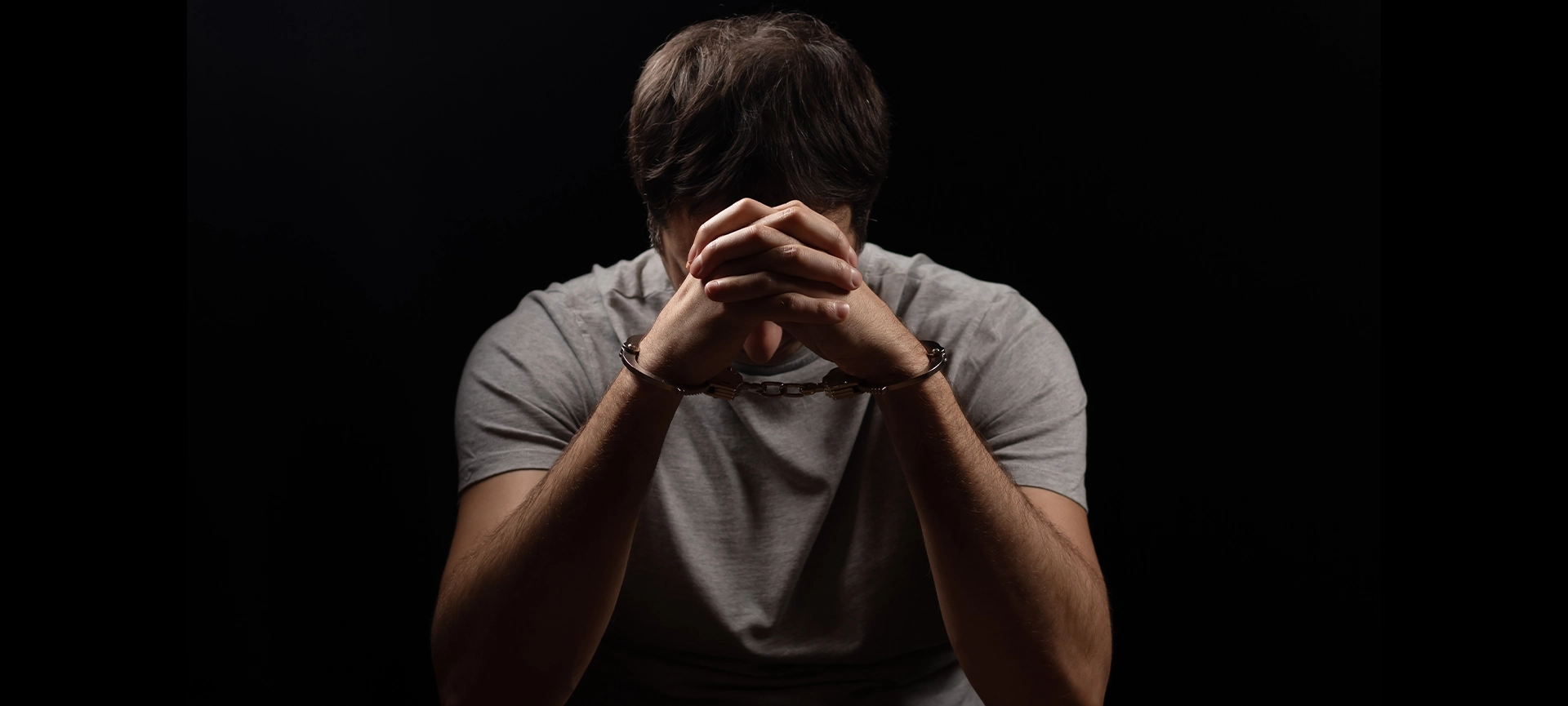Relapse Prevention Plan
For people with substance use disorders, the risk of relapse is a permanent reality. It can happen to anyone, from those who are in their initial stages of withdrawal to people who have been sober for years.
Contrary to what many people think, suffering a relapse does not make you a bad person, and it does not mean your addiction treatment has failed. It simply means that, like many illnesses, your addiction has flared up, and extra steps need to be taken to manage it.
But like many illnesses, it is better to prevent the relapse from happening in the first place, if at all possible. In an ideal world, you are able to start putting relapse prevention plans in place even before you have stopped using the substance in the first place. Realistically, though, many people will start this planning while they are in rehab, with the help of their addiction treatment teams.
Why Are Relapse Prevention Plans Important?
Nobody intentionally stops using a substance with the thought that they will start using it again. If you have made the choice to stop drinking or using drugs, you no doubt have the utmost determination to stick to your resolve. Your determination may be so strong that you think a relapse prevention plan isn’t needed. You may even be telling yourself that putting such a plan in place is an example of negative thinking.
But the opposite is true. Formulating a relapse prevention plan is a sign that you recognize the risks and want to empower yourself to overcome them. In addition, for those who are going through withdrawal without medical supervision, a relapse prevention plan could be life-saving.
Why? Because your plan will include having someone with you who can get medical care to you should the need arise. You will also have thought of ways to get through the intense cravings that often prove to be too much for those in withdrawal.
The Stages Of Relapse
In order to put together a relapse prevention plan, you have to understand how relapse happens. Many people think of it as a single moment in time during which you physically use the substance. But relapse is actually a process that can take anywhere from a couple of hours to several weeks. It happens in three stages, and the earlier you act to prevent relapse, the more successful you are likely to be.
Emotional relapse
You are not actively thinking of using the substance, but you are starting to experience negative thoughts, and you may be starting to neglect your self-care.
Mental relapse

You start to consider the logistics of using, and you internally minimize or even glorify the impacts of substance use.
Physical relapse
You physically use the substance. It can be a one-time lapse or an event that triggers a new phase of active addiction.
Emotional Relapse
If you are fresh out of rehab, your primary ongoing goal is the prevention of emotional relapse. This can be a challenge: during rehab, you are protected from the real world. But the problems that exist in the real world do not magically disappear while you are in rehab. Those same issues are still present when you re-enter your life. The difference is that you now have the tools to cope with those issues without needing to use drugs or alcohol.
We are all human, though, and life can become overwhelming even for people who don’t have addictions. And this is where emotional relapse becomes a risk. During this phase, you are not actively thinking of using drugs or alcohol. On the contrary, you are determined to maintain the sobriety you have worked so hard to achieve.
But you may be struggling with this, and in order to cope, you may start to withdraw from the people around you. Your emotions are taking so much out of you that it becomes difficult to take a shower or eat a proper meal.
The danger during a time like this is that you are emotionally vulnerable, and this could put you at risk of moving to the next stage of relapse.
Strategies For Preventing Emotional Relapse
Whether you are in an inpatient or outpatient rehab program, your addiction treatment team will be working with you to come up with a plan. This could include the following:
- Referrals to professionals in your area, so you can continue the work you started during rehab
- Connections to self-help groups like Alcoholics Anonymous (AA) and Narcotics Anonymous (NA)
- Registration in your rehab facility’s aftercare program, which may include access to a support phone number or online chat, check-in sessions to monitor transition back to the real world, and education sessions for yourself and your loved ones
- Compilation of a list of emergency phone numbers, which may include your doctor, your therapist, your AA or NA sponsor, and some loved ones who can be trusted to help you if needed
- A set of personal and professional goals, and the steps that it will take to achieve them
- A list of go-to activities that can be undertaken in times of stress, such as hiking, art, yoga and music
- Online resources such as support groups that will be there to offer guidance as soon as you need it
Mental Relapse
Usually, the transition from emotional relapse to mental relapse is a result of prolonged neglect of self-care. Poor eating and sleeping habits take a physical toll, and this can add to your sense of emotional stress and exhaustion. As it becomes increasingly difficult for you to cope, you start to think about using drugs or alcohol again.
For many people, this stage of relapse poses a significant internal conflict. Part of you desperately wants to hold onto your sobriety; another part stops caring.
Over time, your resistance to using will gradually crumble. Your thoughts may become increasingly occupied by people you used to use drugs or alcohol with. You may find yourself wanting to visit places from “those days”. You could start looking back on your substance abuse and telling yourself that “it wasn’t that bad”.
Strategies For Preventing Mental Relapse
As soon as you realize that you are in the emotional relapse stage, you need to immediately put plans into action to prevent mental relapse. Once you reach mental relapse, it is difficult to go back. Strategies for mental relapse prevention include the following:
- Implement a self-care checklist that you follow every day, no matter how you are feeling. This could include eating nutritious meals, going to bed at a certain time, and taking a shower every day.
- Plan some fun activities and outings with a friend or family member to give yourself a healthy natural dopamine boost.
- Talk to your therapist about temporarily increasing your sessions.
- Talk to your sponsor and ask them to pick you up to take you to AA/NA meetings. Your sponsor will also ensure that you are actively participating in meetings.
- Enlist a trusted loved one to physically check in on you at least once a day, to ensure that you are showering and eating, and not keeping to yourself too much.
Physical Relapse

This is the point at which you finally break down and use the substance. Many addiction professionals make a distinction between a lapse, which is a one-time use of the substance, and a relapse, which is a new phase of active addiction.
Strategies For Preventing Physical Relapse
Avoidance of physical relapse is the goal not only for people who are in mental relapse but also for those who are in emotional relapse. Many people will spend several days or weeks in a state of emotional relapse, and just hours or days in mental relapse. Physical relapse prevention is also the goal of those who are in withdrawal: their number one objective is to get through the cravings without using drugs or alcohol.
Strategies to prevent physical relapse may include the following:
- Ensure that you are not alone – have someone come and stay with you, who can help keep you away from situations in which you are likely to use drugs or alcohol.
- Talk to your rehab centre about being readmitted. You do not have to physically start using a substance again in order to go back to rehab.
- If you have an addiction to opioids, ensure that a naloxone kit is on hand. Make sure there is gas in your vehicle and that there is a designated driver with access to your car keys, in case you have to be taken to the hospital.
- Spend some time in a different place – but take someone with you. Taking yourself on vacation for a few days may get you through the danger zone, but you will need to talk to your therapist or your sponsor when you return.
What If Physical Relapse Happens In Spite Of All The Planning?
It has been said that “life is what happens while we’re making other plans”. In spite of your best efforts, you could suffer a physical relapse – and that is okay. It is important to avoid judging yourself harshly. A relapse is not a negative indication of your character, is it a resurgence of a debilitating illness? And like all other illnesses, flare-ups should be treated as fast as possible so you can get back on track with your recovery.
At Addiction Rehab Toronto, we will create an addiction treatment program that is tailored to you, and that takes into account the factors that triggered your relapse. We will help you get back on your feet and on the road to recovery.







